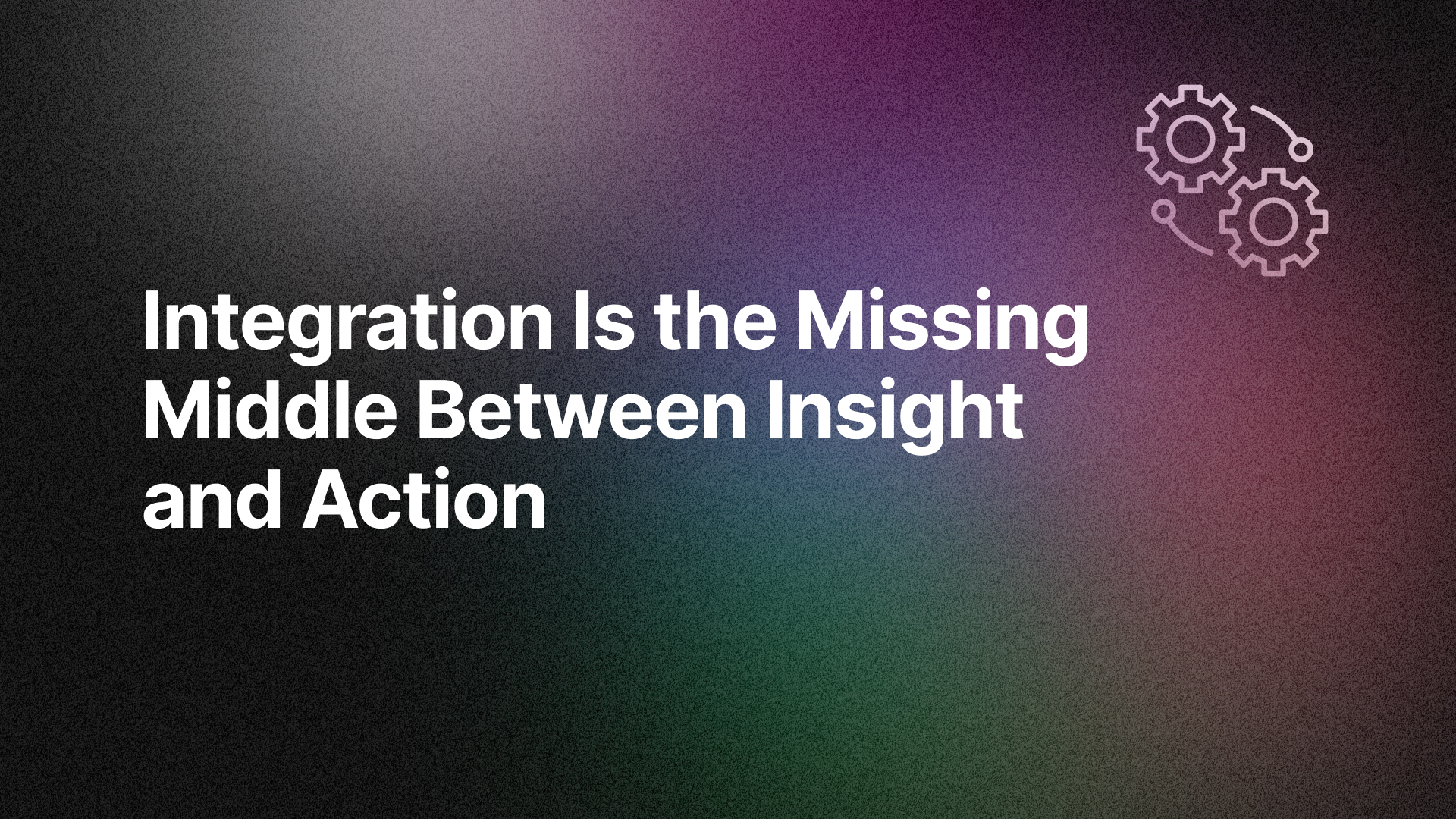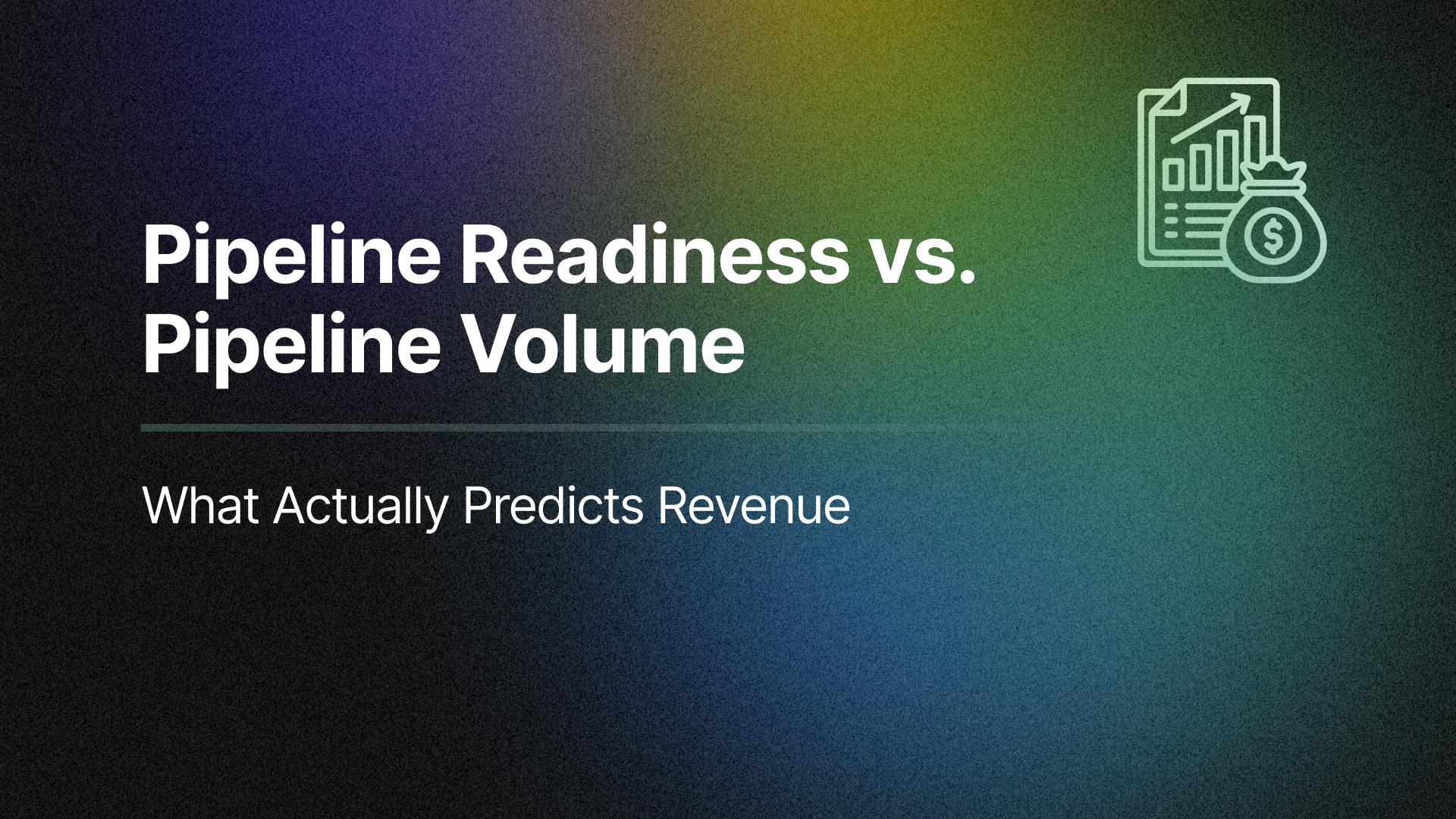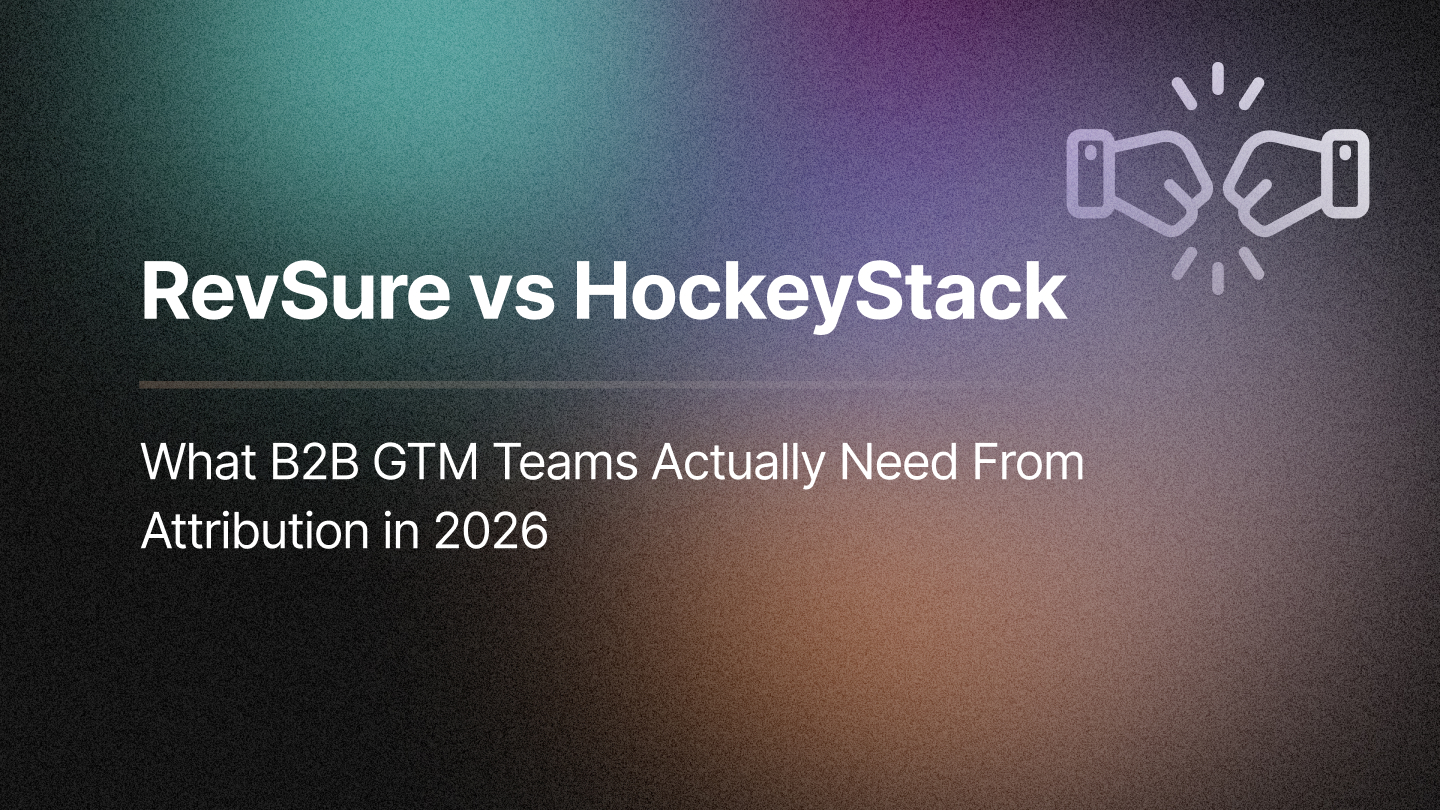B2B marketing is undergoing a fundamental shift. Data has always been at the heart of marketing decision-making, yet most organizations struggle to harness its full potential. A recent Forrester study reveals a startling fact—only 6% of B2B organizations qualify as advanced insight-driven businesses. These elite businesses are 34% more likely to report revenue growth, underscoring the competitive advantage of a data-first approach.
However, the complexity of modern B2B buying journeys has outpaced traditional marketing analytics. Buyers engage with an average of 18 different touchpoints across discovery, evaluation, and commitment stages. With 66% of B2B purchases requiring input from four or more people, marketing leaders must rethink how they measure success.
The reality is clear: Attribution models must evolve beyond simplistic credit allocation and instead become strategic tools for driving decision-making and optimization.
Why Traditional Attribution Models Fall Short
The two dominant attribution methodologies—source attribution and tactic attribution—are no longer sufficient.
- Source Attribution: While common in CMO dashboards (41% of B2B CMOs still rely on it), this model is declining in effectiveness. It oversimplifies marketing’s role by focusing only on initial demand capture rather than the full buyer journey.
- Tactic Attribution: Though a step forward, tactic attribution struggles to account for the complexity of multi-buyer interactions, often leading to misleading conclusions.
Attribution in its current form fuels internal credit wars between marketing and sales, distracting teams from their ultimate goal—driving pipeline and revenue growth. Marketing leaders must shift their focus from justifying past actions to optimizing future ones.
The Hidden Gaps in Attribution Metrics
Beyond the core attribution methodologies, many marketing teams struggle with incomplete data. Marketing-generated leads, SDR interactions, AE engagement, and partner contributions all impact the buying journey, yet traditional models fail to account for these factors holistically. As a result, marketing’s true influence on revenue remains obscured.
Furthermore, most attribution systems are backward-looking rather than predictive. They tell you where revenue came from but fail to provide forward-looking insights into how to optimize marketing spend in real time. This lack of actionable intelligence leaves marketing leaders operating in a reactive rather than proactive mode.
Rethinking Attribution: A New Model for Actionability
Rather than measuring marketing’s contribution in silos, modern attribution must serve a higher purpose—driving actionability. The next era of attribution should:
- Integrate cross-functional data from marketing, SDRs, AEs, and partner interactions to create a full-funnel view.
- Focus on conversion velocity at every funnel stage, rather than just pipeline contribution.
- Move from backward-looking ROI justification to forward-looking decision-making with predictive analytics.
- Enable predictive intelligence to pivot campaigns mid-quarter.
- Deliver next-best-action intelligence to guide lead and account engagement strategies.
How RevSure Is Redefining Attribution
At RevSure, we believe attribution must be about action, not just measurement. Our AI-powered, full-funnel attribution model enables marketing teams to:
- Capture every GTM touchpoint—from marketing campaigns to SDR sequences and AE interactions.
- Measure conversion velocity across the entire buyer journey, not just pipeline creation.
- Leverage predictive analytics to forecast campaign performance and provide real-time recommendations.
- Deliver next-best-action insights at the lead, account, and opportunity level.
By shifting the mindset from who gets the credit to how we maximize impact, RevSure helps marketing teams make smarter, faster, and more strategic decisions.
Check out this video by RevSure Founder & CEO, Deepinder Singh Dhingra to learn more.
The Leadership Mandate: A Call for Change
Marketing leaders must step up and rethink how they measure success. The future belongs to those who:
- Embrace full-funnel visibility – Buying journeys are multi-dimensional, and measurement should be too.
- Prioritize actionability over credit wars – The goal is growth, not internal justification.
- Leverage predictive intelligence – The best marketers make decisions based on what’s next, not just what happened.
- Integrate sales and marketing efforts – Attribution must reflect how buyers engage across channels and teams.
- Optimize continuously – Marketing success is no longer about proving ROI in a quarterly report; it’s about adapting in real time.
The Future of B2B Marketing: Actionable Attribution
The era of Attribution 1.0 (measurement-focused) is over. Attribution 2.0 is about actionability, predictability, and optimization.
B2B marketing leaders who adopt AI-driven, full-funnel attribution models will unlock new levels of efficiency, alignment, and revenue impact. Those who cling to outdated, credit-focused methodologies risk falling behind.
How to Get Started with Actionable Attribution
The transition to Attribution 2.0 requires more than just adopting new tools—it demands a shift in mindset. Here are three actionable steps to begin your transformation:
- Conduct a Full-Funnel Audit – Map out every buyer interaction from the first touch to closed-won status. Identify gaps in data collection and attribution visibility.
- Align Sales and Marketing Metrics – Move beyond vanity metrics like MQLs and focus on full-funnel KPIs such as pipeline acceleration, deal velocity, and conversion rates.
- Invest in Predictive Attribution Technology – Implement AI-driven tools that analyze past performance while providing forward-looking recommendations on how to optimize marketing investments in real time.
Conclusion: The Path Forward
Attribution isn’t just a measurement challenge—it’s a growth opportunity. Marketing leaders who embrace predictive, AI-powered attribution models will gain a competitive advantage in the evolving B2B landscape.
The choice is clear: Evolve or be left behind.
Ready to make attribution work for you? Connect with RevSure to explore how AI-driven insights can transform your marketing performance and drive predictable pipeline growth.
Related Blogs







